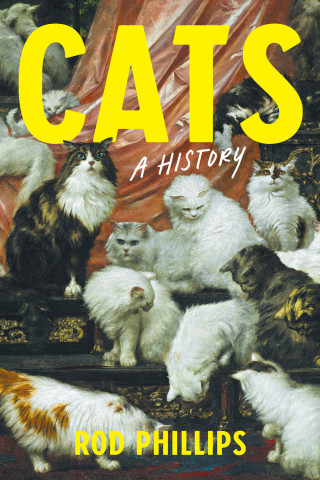
Reviews
Marshall effectively brings to our attention the variety of ways in which late-sixteenth- and early-seventeenth-century texts successfully exploited means to debunk the emergent concept of selfhood... An original and stimulating contribution to the field of Renaissance studies, offering insights that go far beyond the boundaries of a specific discipline.
In this interesting study of violence in early modern English drama, Marshall sets out to demonstrate how these texts offer their audiences an experience of psychic fracture that results from conflicting yet coexistent perceptions of subjectivity.
Marshall leaves her own readers with a rich sense of what it may have meant, and may still mean, to lose oneself in the violent pleasures of Renaissance textuality.
Elegant book... the book's reach goes beyond studies of the early modern period.
Brilliantly employing the insights of Freudian, Lacanian and post-Lacanian psychoanalysis in a series of close textual readings, Marshall demonstrates the early modern self's desire for self-dissolution in the rough textual pleasures of jouissance and connects that desire with contemporary interest in the ethics of pornography and other violent forms of spectatorship. This is a study of major importance to which I will turn again and again.
Cynthia Marshall's brilliant and challenging book investigates the perverse pleasure catered by some of the most violent texts of the early modern period. At once deploying and strongly taking issue with mainstream New Historicism, Marshall provokes wide-ranging reconsideration of the dynamics of early modern literary production and audience-response.
Scholarly, wonderfully wise, detailed and painful.
Book Details
List of Illustrations
Acknowledgments
Introduction
Chapter 1. Violence, Subjectivity, and Paradoxes of Pleasure
Chapter 2. "To Speak of Love" in the Language of Petrarchanism
Chapter 3. Foxe and the
List of Illustrations
Acknowledgments
Introduction
Chapter 1. Violence, Subjectivity, and Paradoxes of Pleasure
Chapter 2. "To Speak of Love" in the Language of Petrarchanism
Chapter 3. Foxe and the Touissance of Martyrology
Chapter 4. The Pornographic Economy of Titus Andronicus
Chapter 5. Form, Characters, Viewers, and Ford's The Broken Heart
Conclusion
Notes
Bibliography
Index





